Car manufacturers that do not comply with the environmental standards of the countries and want to avoid problems with regulators are forced to buy so-called regulatory credits from other companies that meet the requirements - for example, from Tesla, which produces exclusively electric vehicles (Elon Musk's company has already earned $9 billion on this).
Toyota's CEO, it seems, does not share the public enthusiasm for electric cars - in his opinion, they will account for only 30% of the US new car market in 2030 (about half of the targets that the US Environmental Protection Agency (EPA) sought to achieve last year).
As the largest manufacturer of hybrid vehicles in the automotive industry, Toyota prefers to continue buying credits to meet regulatory requirements, rather than "spend" money on electric vehicles with batteries, according to comments by CEO Ted Ogawa to Automotive News.
"I know that EPA is currently revising what the level of regulation should be. However, once again, our starting point is consumer demand. For example, the rules for 2030 state that the majority of the new car market should be BEVs, but our current plan is around 30%," Ogawa said.
The company is currently building a battery complex in North Carolina costing $13.9 million, the products of which will be used in its electric vehicles and hybrids sold in North America. Since 2021, Toyota has invested about $17 billion in its manufacturing operations in the US to predominantly produce hybrids.
Toyota is currently one of the best-selling car manufacturers, but electric vehicles accounted for less than 1% of total sales last year.
"Of course, compared to Tesla, we are behind. However, we are not only catching up with the product, but also with the BEV ecosystem," Ogawa added.






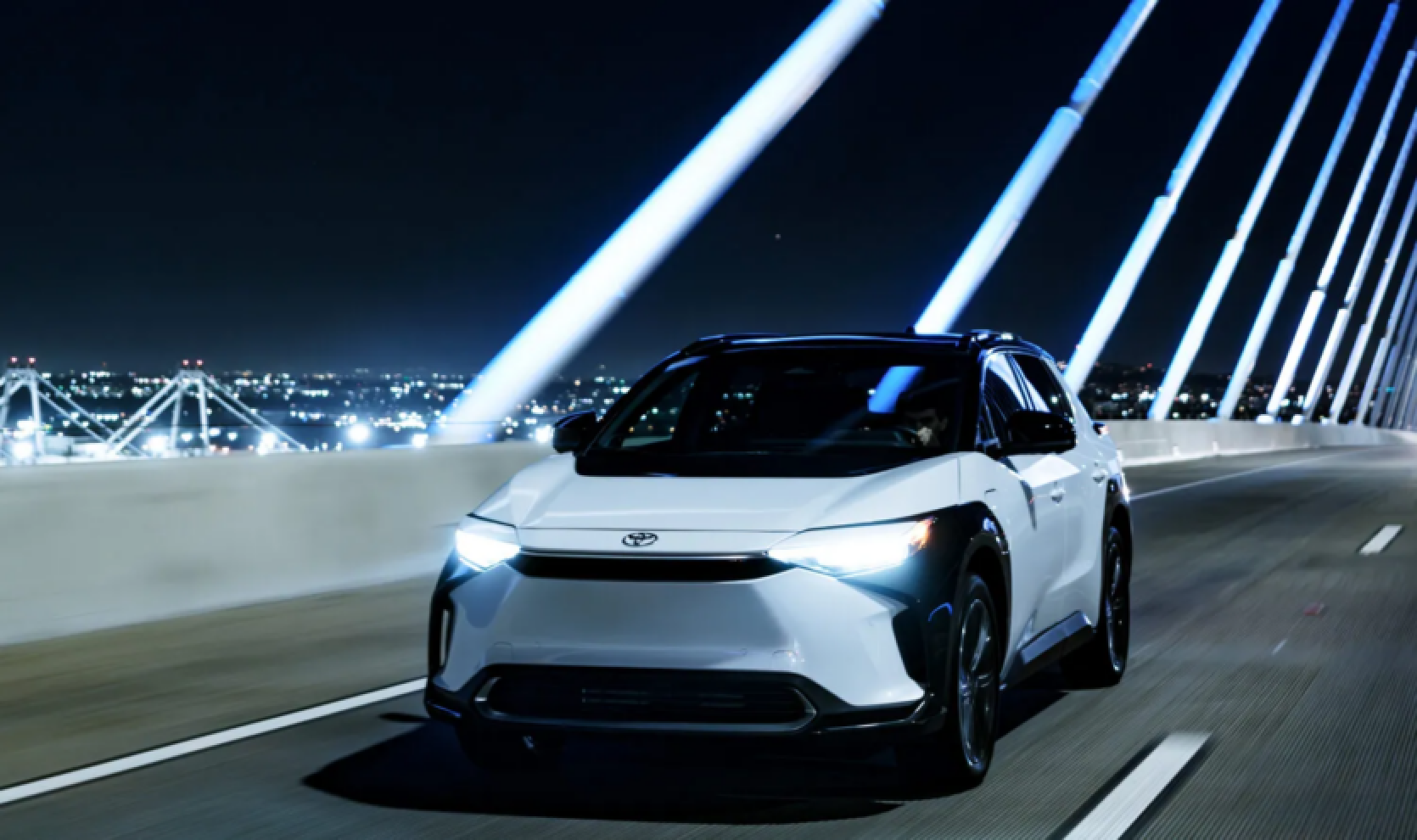


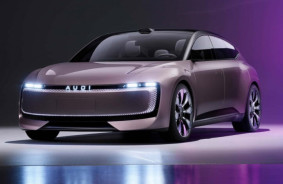
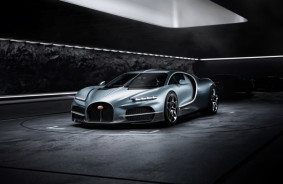
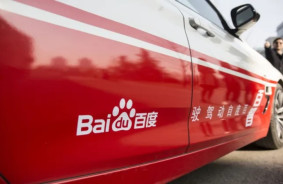
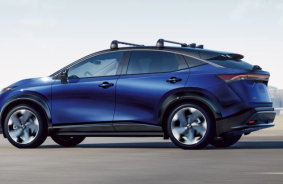
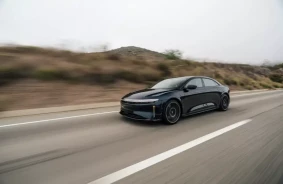
Comments (0)
There are no comments for now